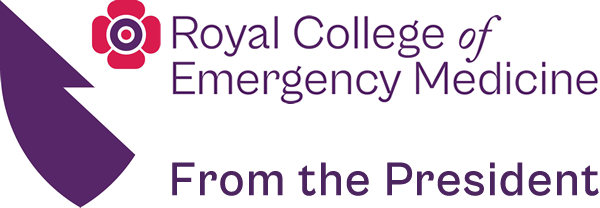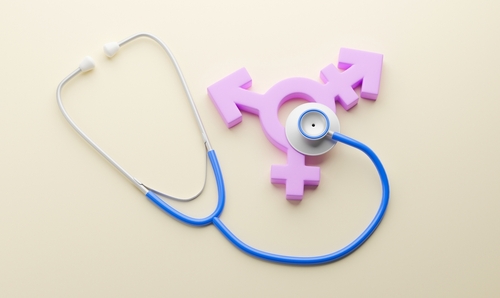Nine years ago, I was told by a senior male consultant colleague that I could not be a good clinician, an academic and a mum. At the time, I was halfway through a PhD and I was a parent to three girls. I wondered if the same comment would ever have been made to a friend of mine, who was similarly training, researching, and having children at the hospital down the road. The only difference between us being our gender identity. This is a sad reality for many women working in Emergency Departments, and I am delighted that the College is working to support women and address gender disparities in Emergency Medicine.
One million women work for the NHS, making it one of the largest employers for women across the world. Despite this, the gender pay gap, the motherhood penalty, the trailing spouse syndrome, and disparities in leadership persist throughout the NHS.
Existing within this structure is Emergency Medicine, a specialty wherein shift-working, unsociable hours, and burnout is commonplace. It comes as no surprise that a 2017 study published in the BMJ revealed that only 39% of women agreed that Emergency Medicine was a family friendly speciality, one of the least family friendly of the hospital-based specialities.
We know that the disparities in Emergency Medicine reflect deep-seated societal problems. While acknowledging this, we must not shy away from the problems that exist within the specialty. Online support groups still see a steady flow of posts from women doctors wondering how to react to veiled and not-so-veiled sexism, often intersecting with racial prejudice (the “Am I Being Unreasonable” question).
The Annual Gender Gap Report by the World Trade Forum made a call for action to address gender parity as it revised its target of globally achieving parity in pay and jobs from 80 years to over 170 years – attributing “glacial pace of change” largely to unconscious bias. Thinking back to the comment that was made to me by a senior male consultant, I wonder how many other women have been on the receiving end of these comments, and whether it affected their career choices.
I was delighted to see the College take this issue seriously and establish a Women in Emergency Medicine Special Interest Group (WEMSIG). I am delighted to Chair this group and work alongside inspirational leaders in the specialty.
Setting up the Women in Emergency Medicine Special Interest Group (WEMSIG) represents the first step in addressing gender disparities in the speciality. We will work to dismantle structural barriers and ensure that Emergency Medicine is a specialty whereby all genders can achieve their full potential and lead satisfying and sustainable careers. I am proud to lead this fight.
by Dr Kirsty Challen PhD FRCEM, Consultant in Emergency Medicine


